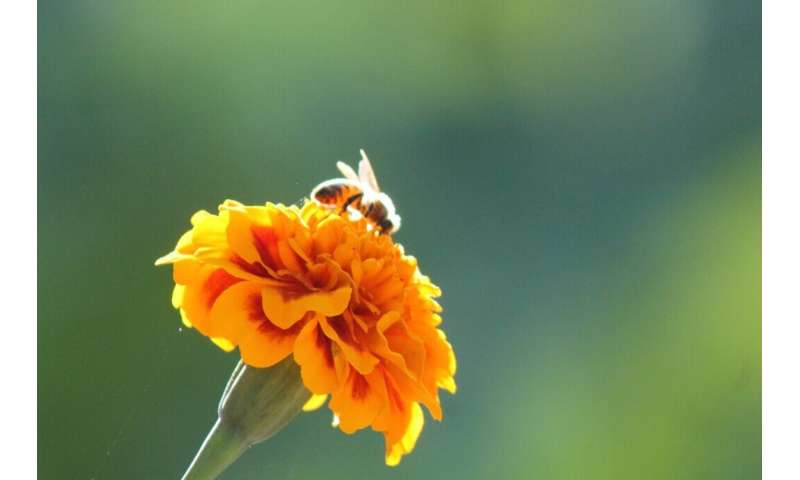Are bees attracted by flower richness? Implications for ecosystem service-based policy

Agri-environmental policies aiming to counter rural ecosystem degradation often employ biodiversity-based land-use solutions, such as Estonia's bee-forage field contracts.
In a multi-site experiment, researchers assessed the impact of plant diversity on flower-based services like flowering duration (indicating functional stability) and pollinator foraging activity. Across different species mixtures, prolonged flowering was observed, but surprisingly, monocultures and low-diversity mixes attracted the highest foraging activity from honey bees and bumblebees, while a balanced high-diversity mix was less appealing.
The paper is published in the journal Ecological Indicators.
Counterintuitively, abundant melliferous plant species within high-diversity mixtures reduced foraging activity. This challenges prevailing biodiversity-centric agricultural policies, as the study suggests that plant species richness alone doesn't comprehensively indicate ecosystem service quality.
Instead, a mosaic of monocultures and low-diversity mixes emerges as ecologically optimal for supporting bees and other potential pollinators, questioning the efficacy of widely promoted pollinator-oriented seed mixtures without quantitative ecological testing.
More information:
J. Liira et al, Are bees attracted by flower richness? Implications for ecosystem service-based policy, Ecological Indicators (2023). DOI: 10.1016/j.ecolind.2023.110927
Provided by Youris.com